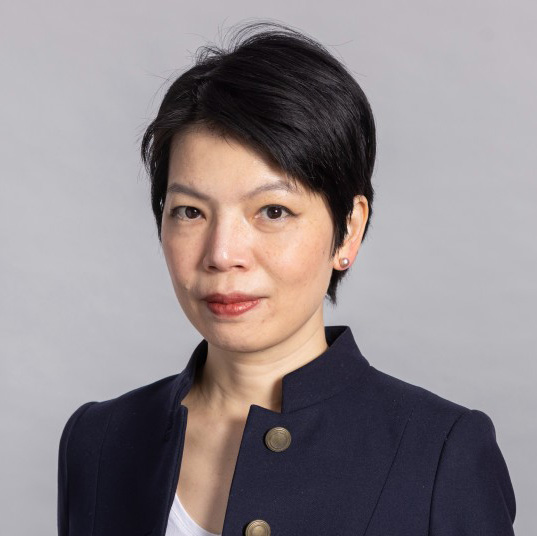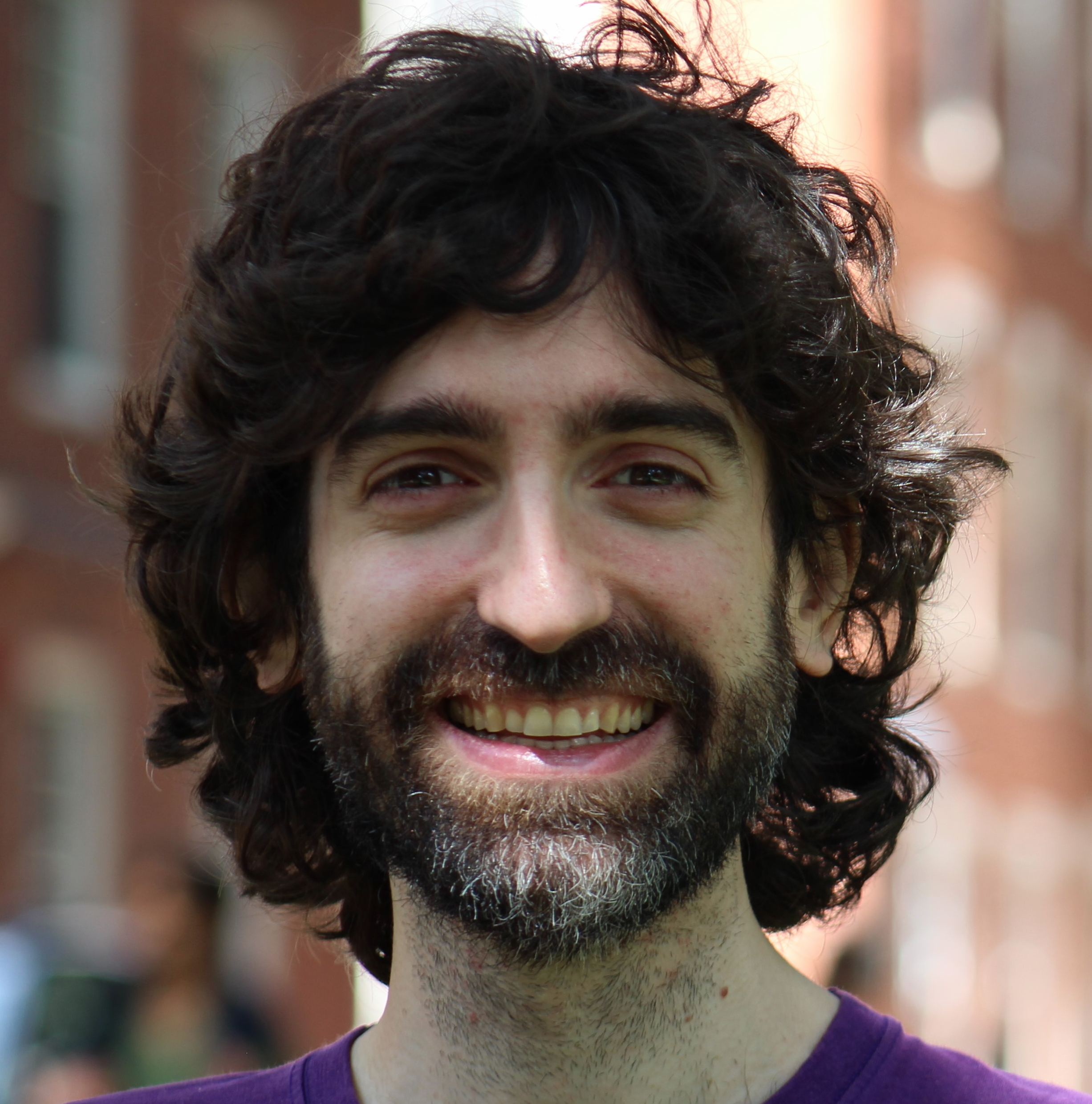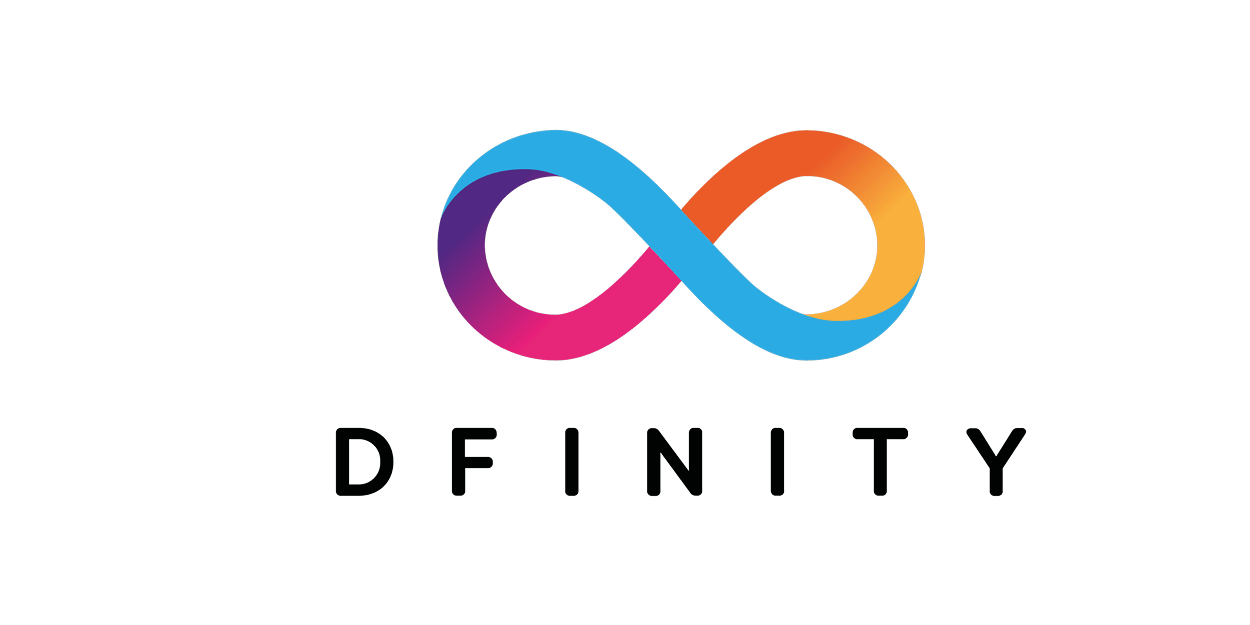Schedule
Download Full Program
For more updates, feel free to visit our LinkedIn-Page: DAWO25
Day 1, Monday June 23rd
| Time | Agenda Item | Location | |
|---|---|---|---|
| 09:00 – 09:30 | Arrival & Registration | Foyer | |
| 09:30 – 10:00 | Opening Ceremony | Room G-01 | |
| 10:00 – 10:45 | The Great Decentralization Experiment: What DAOs Really Teach Us Keynote by Prof. Dr. Ying-Ying Hsieh Imperial College London | Room G-01 | |
| Change Rooms | |||
| 11:00 – 12:15 | Paper & Abstract Sessions Track Economics (Chair: Dr. Florian Spychiger, Zurich University of Applied Sciences) Paper A Social Choice Analysis of Optimism’s Retroactive Project Funding Eyal Briman1, Nimrod Talmon1, Angela Kreitenweis2, and Muhammad Idrees3 1 Ben Gurion University, Israel 2 Token Engineering Academy, Germany 3 Token Engineering Academy, Pakistan Paper Repeated Auctions with Speculators: Arbitrage Incentives and Forks in DAOs Nicolas Eschenbaum1 and Nicolas Greber1,2 1 Swiss Economics, Switzerland 2 University of Zurich, Switzerland Track Legal Analysis (Chair: Prof. Bruno Pasquier, FernUni Schweiz) Paper Bridging Social Capital and Financial Incentives: Navigating Liability and Regulatory Challenges in DAO Governance Bence Lukács1, Lukas Weidener2, and Benjamin Heurich1 1 Institute for Applied Blockchain (IABC) Berlin, Germany 2 Molecule, Germany Paper Regulation of Financial Protocol DAOs. Addressing the problems of decentralization and AI governance Salvatore Luciano Furnari and Chiara Villani, Italy Università degli studi di Roma Tor Vergata, Italy | Track Economics: Room G-01 Track Legal Analysis: Room G-15 | |
| 12:15 – 13:30 | Lunch Break | ||
| 13:30 – 14:30 | Paper & Abstract Sessions Track Taxonomy (Chair: Una Wang, ETH Zurich) Abstract Who Governs the DAO? An On-Chain Taxonomy of Contributor Profiles Jonas Riefle and Thomas Widjaja University of Passau, Germany Abstract Automated Taxonomy Generation and Classification of DAO Governance Proposals using LLMs Sebastian Krawczyk, Svetlana Abramova, and Bernhard Haslhofer Complexity Science Hub, Austria Abstract A Taxonomy of Decentralized Autonomous Organizations Parminder Kaur Makode1, Lukas Küng2,3, Mark Christopher Ballandies1, and Florian Spychiger2 1 University of Zurich, Switzerland 2 Zurich University of Applied Sciences, Switzerland 3 University of Nicosia, Cyprus Track Case Study (Chair: Prof. Ellie Rennie, RMIT University) Abstract Meta Pool DAO as a Case Study of a Liquid Staking Protocol Operating on a DAO: Its Impact in Latin America (LATAM) Luz Margarita Saucedo Monarque1 and Brian Becerra Rojas2 1 Mexico 2 Peru Abstract Self-Organization and Digital Participation: Evaluating DAOs and Alternative Governance Models Sabrina Wollenschläger and Michael Lustenberger Zurich University of Applied Sciences, Switzerland Abstract The Promise and Peril of DAOs in Great Barrier Reef Governance Lachlan Robb1 and John Flood2 1 Queensland University of Technology, Australia 2 Griffith University, Australia | Track Taxonomy: Room G-01 Track Case Study: Room G-15 | |
| Change Rooms | |||
| 14:45 – 15:45 | Parallel Workshop Sessions Workshop I: DAOs & On-Chain Technology Björn Assmann & Lara Schmid With DFINITY Workshop II: DAOs & AI Michael Lustenberger & Florian Spychiger With AI Innobooster & DAO Suisse Workshop III: DAOs Legal & Regulation Mariana de la Roche With BlackVogel Consulting Workshop IV: DAOs & Digital Democracy Uwe Serdült, Theo Beutel, and Ann Brody With Swiss National Science Foundation | Workshop I: DAOs & On-Chain Technology: Room E-21 Workshop II: DAOs & AI: Room E-27 Workshop III: DAOs Legal & Regulation: Room E-08 Workshop IV: DAOs & Digital Democracy: Room E-12 | |
| 15:45 – 16:15 | Break | ||
| 16:15 – 17:45 | Paper & Abstract Sessions Track AI & Governance Future (Chair: Lukas Küng, Zurich University of Applied Sciences) Abstract Demystifying DAO Governance: An AI Agent Approach using Model Context Protocol Ram Ananth Sreenivasan1, Shashank Motepalli1, and Manvir Schneider2 1 Ekai Labs, Canada 2 Cardano Foundation, Switzerland Abstract Governance Futures: Catalyzing New Explorations in DAO Governance Mechanisms Eugene Leventhal1,2, Jamilya Kamalova2,3, and Theodor Beutel4,5 1 Metagov, USA 2 Scroll Foundation, USA 3 BlockchainGov, Spain 4 University of Zurich, Switzerland 5 Ethereum Foundation, Germany Abstract Exploring DAO Governance in the Age of AI: Integrating Human-Machine-AI Agency Perspective Carlos Santana1 and Laura Albareda2 1 Norwegian University of Science and Technology, Norway 2 LUT University, Finland Abstract Can robots govern themselves? Exploring the autonomy and agency of robots in DAOs Alexandre Pacheco, Heiko Hamann, and Andreagiovanni Reina Uni Konstanz Track Legal Innovation (Chair: Gustav Hemmelmayr, Parity Technologies) Paper Decentralized Autonomous Organizations: Is A New Liability Regime Possible? Current Landscape of German and Turkish Company Law and A New Liability Regime Recommendation Barış C. Cantürk1,2 1 Leipzig University, Germany 2 Technical University of Munich, Germany Paper UBI DAO IBI IUS? Daniele Majorana Italy Abstract Nature-inspired approaches for DAOs as novel legal animals Ramona Tudorancea1,2,3 1 JupiterBlock, Cayman Islands 2 Ixian, Cayman Islands 3 DAO345 Foundation, Cayman Islands | Track AI & Governance Future: Room G-01 Track Legal Innovation: Room G-15 | |
| Change Rooms | |||
| 18:00 – 18:45 | Economics of the Computable Organisation Keynote by Prof. Dr. Jason Potts RMIT University | Room G-01 | |
| 18:45 – 19:00 | Wrap-Up | Room G-01 | |
| 19:00 | Standing Dinner | Foyer |
Day 2, Tuesday June 24th
| Time | Agenda Item | Location | |
|---|---|---|---|
| 08:30 – 09:00 | Arrival & Welcome Coffee | Foyer | |
| 09:00 – 09:45 | Beyond the Dream: An Empirical Journey Through DAO Realities Keynote by Prof. Dr. Samer Hassan1,2 1Harvard University 2Universidad Complutense de Madrid | Room G-01 | |
| Change Rooms | |||
| 10:00 – 11:00 | Paper & Abstract Sessions Track Organizational Structure (Chair: Dr. Jens Martignoni, Zurich University of Applied Sciences) Paper Leading DAOs: Between Formal Structure and Legitimate Authority Oliver Alexy1, Matteo Devigili2, and Ying-Ying Hsieh3 1 Technical University of Munich, Germany 2 INSEAD, Singapore 3 Imperial College London, United Kingdom Abstract Wrapped in Opacity? Unpacking the Gaps Between On-Chain Visibility and Real-World Structure of DAOs Anne-Grace Kleczewski and Bianca Kremer MME Legal, Switzerland Track Design (Chair: Dr. Mark Ballandies, University of Zurich) Paper An Interdisciplinary Approach to the Coordination Layer of DAOs and the Design of Token Economies Irene Domenicale1, Sowelu Avanzo2, Cristina Toti2, Cristina Viano2, and Claudio Schifanella2 1 University of Camerino, Italy 2 University of Turin, Italy Paper Design Principles for Contribution Systems Ellie Rennie and Jason Potts RMIT University, Australia | Track Organizational Structure: Room G-01 Track Design: Room G-15 | |
| Change Rooms | |||
| 11:15 – 12:15 | Parallel Workshop Sessions Workshop I: DAOs & On-Chain Technology Björn Assmann & Lara Schmid With DFINITY Workshop II: DAOs & AI Michael Lustenberger & Florian Spychiger With AI Innobooster & DAO Suisse Workshop III: DAOs Legal & Regulation Mariana de la Roche With BlackVogel Consulting Workshop IV: DAOs & Digital Democracy Uwe Serdült, Theo Beutel, and Ann Brody With Swiss National Science Foundation | Workshop I: DAOs & On-Chain Technology: Room E-21 Workshop II: DAOs & AI: Room E-27 Workshop III: DAOs Legal & Regulation: Room E-08 Workshop IV: DAOs & Digital Democracy: Room E-12 | |
| 12:15 – 13:30 | Lunch Break | ||
| 13:30 – 14:45 | Paper & Abstract Sessions Track DAO Concepts (Chair: Dr. Michael Lustenberger, Zurich University of Applied Sciences) Paper Bitcoin, a DAO? Mark C. Ballandies, Guangyao Li, and Claudio J. Tessone University of Zurich, Switzerland Abstract How decentralized are DAOs, really? A new measure of authority dispersion Jean-Philippe Vergne UCL School of Management, United Kingdom Abstract The Dao of the DAO: Eastern Philosophies in Decentralized World Helena Rong NYU Shanghai, China Track Voting & Democracy (Chair: Dr. Ann Brody, McGill University) Paper Digital Democracy in Decentralised Autonomous Organisations Theodor Beutel1,2, Parminder Kaur Makode1, Uwe Serdült1,3, and Claudio J. Tessone1 1 University of Zurich, Switzerland 2 Ethereum Foundation, Germany 3 Ritsumeikan University, Japan Abstract Delegation, Participation, and Decentralization in DAO Governance: An Epistemic View Jeff Strnad Stanford University, USA Abstract Votes You Can’t Buy: Dual-Class Governance and Idiosyncratic Risk in DAOs David Florysiak1, Johnnatan Messias2, Michal Minarcik3, and Amjad Naveed3 1 IU International University of Applied Sciences, Germany 2 Max Planck Institute for Software Systems, Germany 3 Aarhus University, Denmark | Track DAO Concepts: Room G-01 Track Voting & Democracy: Room G-15 | |
| Change Rooms | |||
| 15:00 – 15:45 | Panel: How Finance can Interact with Blockchain-based DAOs Daniel Liebau, Erasmus University (Moderator) Prof. Dr. Valerie Laturnus, Durham University Prof. Dr. Fabian Schär, University of Basel Dr. Ann-Sofie Cloots, University of Cambridge With Crypto Finance | Room G-01 | |
| 15:45 – 16:00 | Closing Remarks | Room G-01 |
Keynotes

Ying-Ying Hsieh – Assistant Professor at Imperial College Business School London
Keynote: The Great Decentralization Experiment: What DAOs Really Teach Us
Since 2018, the rapid rise of Decentralized Autonomous Organizations (DAOs) has been hailed as the great decentralization experiment of our time. Blending financial incentives with distributed governance, DAOs are often portrayed as a revolutionary alternative to both companies and communities. But how decentralized, autonomous, and organized are they really? In this keynote, we take a data-driven look beneath the surface of DAO idealism. Based on a new, extensive dataset, we explore how DAOs actually function, where their structures align – or diverge – from their promises, and what this means for the future of digital collaboration and organizational theory.

Jason Potts – Professor at Royal Melbourne Institute of Technology
Keynote: Economics of the Computable Organisation
This talk explores the implications of the recent wave of distributed compute technology (from smart contracts to generative and agentic AI) for the modern theory of the firm (as based on new institutional economics, dynamic competition, and game theory). I argue that the suite of new digital technologies of the past decade or so enable new types of organisation to carry and use more knowledge (i.e. artificial organisational intelligence) and to rapidly adapt and configure to changing environments. I consider the conditions under which this functional competitive advantage in organisational compute might translate into evolutionary success in the economy.

Samer Hassan – Faculty Associate at the Berkman Klein Center for Internet & Society, Harvard University and Associate Professor at Universidad Complutense de Madrid
Keynote: Beyond the Dream: An Empirical Journey Through DAO Realities
DAOs typically bring the promise of radical openness, democratic token-based governance, and flat hierarchies. This talk journeys through empirical findings from our research to examine whether these grand promises hold true in practice. We will see to what extent DAOs follow the “iron law of oligarchy”, since data from 30,000 communities show staggering levels of inequality (Gini), and a median voter turnout that doesn’t even reach 8%. We will observe how usability studies reveal daunting onboarding frictions, and how gas-price shocks dampen activity. Blending large-scale metrics with qualitative insight, this keynote separates myth from measurable reality and offers insights for researchers, builders and policymakers seeking to close the gap between DAO ideals and practice.
Workshops
Workshop I: DAOs & On-Chain Technology
DAOs in Action: Fast, Affordable and Fully On-Chain
Moderators: Björn Assmann & Lara Schmid
In this interactive session, we explore how DAOs are transforming digital governance. We begin with a concise introduction to DAOs and highlight the advantages of building them on the Internet Computer: Fully on-chain governance, low transaction costs, and complete control via canister smart contracts. Next, participants will dive into a hands-on exploration of OpenChat, a fully decentralized messaging dapp. You’ll see how users actively shape the platform’s future by creating and voting on governance proposals—demonstrating the real-world power of community-led development. To wrap up, we’ll showcase just how fast and accessible it is to build on the Internet Computer. In under three minutes, you’ll deploy a simple on-chain application and jump into an interactive game—no prior experience required. Whether you’re a developer, a community builder, or simply DAO-curious, this workshop will provide you with the tools and insights to empower communities through decentralized technology.
Workshop II: DAOs & AI
DAO & Agentic AI – Opportunity or Threat?
Moderators: Michael Lustenberger & Florian Spychiger
As DAOs continue to evolve, the integration of Agentic AI – autonomous systems capable of initiating actions and making decisions – introduces both groundbreaking opportunities and profound challenges. This workshop will explore how such AI agents could reshape governance, coordination, and operations within DAOs. Can agentic systems become valuable contributors to decentralized governance, or might they undermine the very principles of human autonomy? Through interactive discussion, participants will collaboratively map out use cases, examine implications, and debate whether Agentic AI is a pathway to radical empowerment—or a creeping risk to the decentralized and autonomous ideals DAOs strive to uphold.
Workshop III: DAOs Legal & Regulation
What if Europe Regulated DAOs Tomorrow?
Moderator: Mariana de la Roche
As the debate around DAO regulation intensifies in Europe, this interactive workshop invites participants to explore a simple yet provocative question: What if Europe regulated DAOs tomorrow? Drawing on the findings of the BlockStand project on Advancing DAO Standardization, this session uses a futures-thinking approach to imagine regulatory scenarios, identify opportunities and risks, and reflect on what the ecosystem truly needs. Participants will collaborate to shape a collective vision for DAO regulation in Europe, grounded in real-world insights and practical experiences from across the Web3 space.
To make the most of the session, we encourage participants to read the BlackVogel Policy Position Paper in advance, as the discussion will build upon its proposals.



